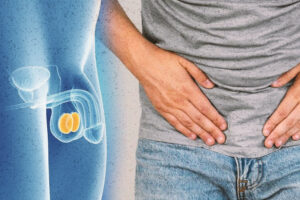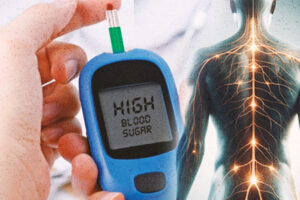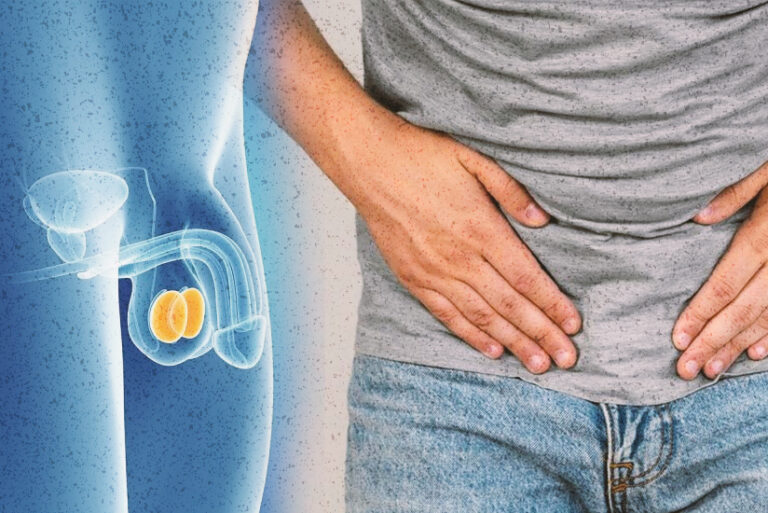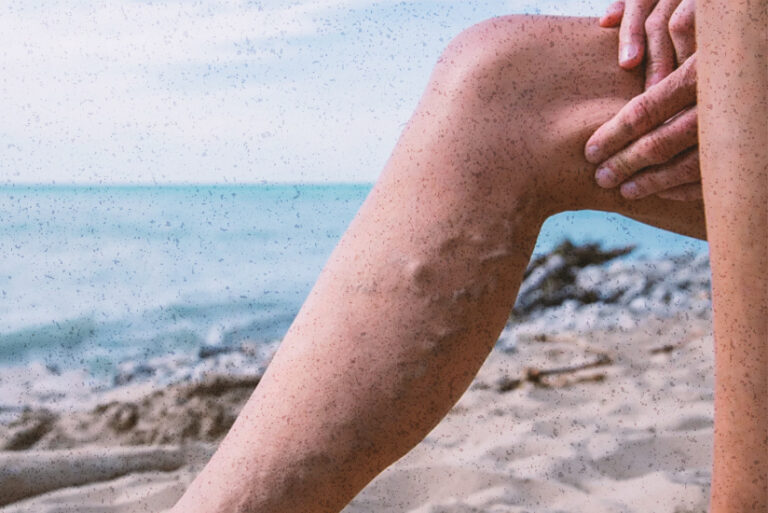By Henrylito D. Tacio
(Second of Two Parts)
More and more Filipinos have depression these days. The reason: they are admitting they are suffering from it.
“Lately, I’ve been into a series of depressing moments,” Mark, a teacher from Davao del Norte wrote in his Facebook account. “Though I may look alright and well in front of everyone, but deep inside me I am battling against this mental condition. It is really a very hard situation as only a few could survive without the support system, like family, friends and God.”
He urged: “Never to say bad things against any usual actions and reactions from your family members, friends and peers without knowing his mental condition because it is a really crazy different thing when you experience it first hand.”
Famous personalities have also spoken about their bouts with depression. To name a few: Clint Bondad (ex-boyfriend of Catriona Gray), Iza Calzado (an award-winning actress), Diego Loyzaga (the son of actor Cesar Montano), Jessy Mendiola (the wife of Luis Manzano), Gab Valenciano (singer and son of Gary Valenciano), and Kylie Verzosa (a Miss International winner).
Depression is a serious matter. “(It) doesn’t know any age, race, or background,” wrote Kaniz Fatema for The Financial Crisis. “It is triggered by different life circumstances and events, such as living in poverty, being unemployed, surviving the death of a loved one, having persistent physical illness, and alcohol and drug dependence.”
In recent years, depression is becoming common among young people, particularly the Generation Z or those that were born between 1996-2010. But their stories are a bit different if not complicated from those in the past. In fact, their reasons are pretty unconventional. “The world roughly contains 72 million of this generation and they are also victims of depression,” Fatema wrote.
The information highway has something to do with it. “There is a causal link between the use of social media and negative effects on well-being, primarily depression and loneliness among the young generation,” Fatema said.
“Depression has been led by the unrealistic lifestyle and beauty standards set by social media which triggers the users to make an abnormal comparison with their own lives. Also, the connections social media users form electronically are less emotionally satisfying, leaving them feeling socially isolated.”
Depression is destructive. “Depression is a devastating illness that affects the total being – physically, emotionally, and spiritually,” wrote Frank B. Minirth and Paul D. Meier in their book, Happiness Is a Choice. “The emotional pain of depression is more severe than the physical pain of a broken leg.”
But many think depression is not an illness, but something that one eventually snaps out of. “That’s the reason why so many people who are suffering from depression feel embarrassed to seek help,” said Senator Grace Poe, who filed a resolution on the increasing incidence of suicides and depression in the country.
The Department of Health (DOH) reports only one-third of depressed people in the country seek professional help.
“Approximately 10% of patients seeking consultation in a family practice clinic are already showing signs of depression, some maybe in early stages of depression, and some in a chronic stage,” writes Dr. Edward C. Tordesillas, clinical associate professor of the Department of Family and Community Medicine at the Philippine General Hospital.
Dr. Tordesillas said some patients have gone on what he calls “doctor shopping,” since they were unrelieved of their symptoms.
On its website, the health department identifies two categories of depression: major depressive disorder and dysthymic disorder.
“Major depressive disorder is a moderate to severe episode of depression lasting two or more weeks,” the health department explains. “Children experiencing a major depressive episode may appear or feel irritable rather than depressed.”
Five or more of the following symptoms may occur on an almost daily basis for a period of at least two weeks: significant change in weight, insomnia or hypersomnia (excessive sleep), psychomotor agitation or retardation, fatigue or loss of energy, feelings of worthlessness to think or to concentrate or indecisiveness, and recurrent thoughts of death or suicide and/or suicide attempts.
Dysthymic disorder is an ongoing, chronic depression that lasts two or more years (one or more years in children) and has an average duration of 16 years. “The mild to moderate depression of this disorder may rise and fall in intensity, and those afflicted with this disorder may experience some period of normal, non-depressed mood of up to two months in length,” the DOH says.
Along with an underlying feeling of depression, people with dysthymic disorder experience two or more of the following symptoms: under or overeating, insomnia or hypersomnia, low energy or fatigue, low self-esteem, poor concentration or trouble making decisions, and feeling of hopelessness.
Until now, the medical community is still baffled on the causes of depression. “There are many possible causes, and sometimes, various factors combine to trigger symptoms,” wrote Medical News Today’s Laura Goldman.
“Depression is believed to be related to a chemical imbalance in the brain, when there are not enough neurotransmitters (chemical messengers), causing a communication breakdown between cells,” Dr. Tordesillas explains. “It also seems that depression could be genetic.”
Generally, depression is almost always associated with events in a person’s life – like a death in the family or the loss of a job.
“I went through really bad times,” actress and singer Janella Salvador bared during an interview on “Tonight with Boy Abunda.” Her depression was the result of her breakup with ex-boyfriend Elmo Magalona, whom she accused of physical abuse.
“I got depressed; I didn’t want to get out of the house anymore when I went through that,” she said. “It’s like I wanted to be in this little hole and never get out, so I was stuck there with all these bad memories in my head.”
Depression is also associated with medical conditions, such as heart disease, cancer, diabetes, and anxiety and eating disorders. “Alcohol and drug abuse can also be linked to depression,” Dr. Tordesillas says, adding that “depression is not a sign of a person’s weakness or lack of willpower.”
The sooner the treatment is administered, the sooner depression will dissipate. But if not, depression may take away the life of the person. “At its worst, depression can lead to suicide,” the Geneva-based World Health Organization (WHO) points out.
Close to 800,000 people die due to suicide every year, the United Nations health agency states. In the Philippines, suicide is the 25th leading cause of death in 2020. That year, 4,420 people took their lives intentionally. In 2019, suicide was ranked 31st.
Brian Velasco, drummer of rock band Razorback, committed suicide at his residence in Malate, Manila in 2019. There were reports that he streamed the act in his social media account. According to some reports, he had been suffering from depression for quite a while. The depression reportedly started when his beloved dog, Alfie, died.
Among Filipinos, depression is very hard to detect. However, experts claim a person close to a depressed individual can help identify that person being depressed by observing these two things: either he or she is in an unpleasant mood (feeling down, irritable, or apprehensive), or is unable to find interest or pleasure in things he or she used to enjoy.
Fortunately, there are varying treatments available, from therapies to medications.
“Treatment can focus on the psychological issues behind the disease, the chemical aspects of depression, or a combination of both,” wrote Sara Ryding for news-medical.net. “Medication that targets brain chemistry is sometimes administered.”
Homeopathic treatment can be therapeutic in treating depression, according to the health department. “Good nutrition, proper sleep, exercise, and full engagement in life are very important to a healthy mental state,” the DOH says. – ###








